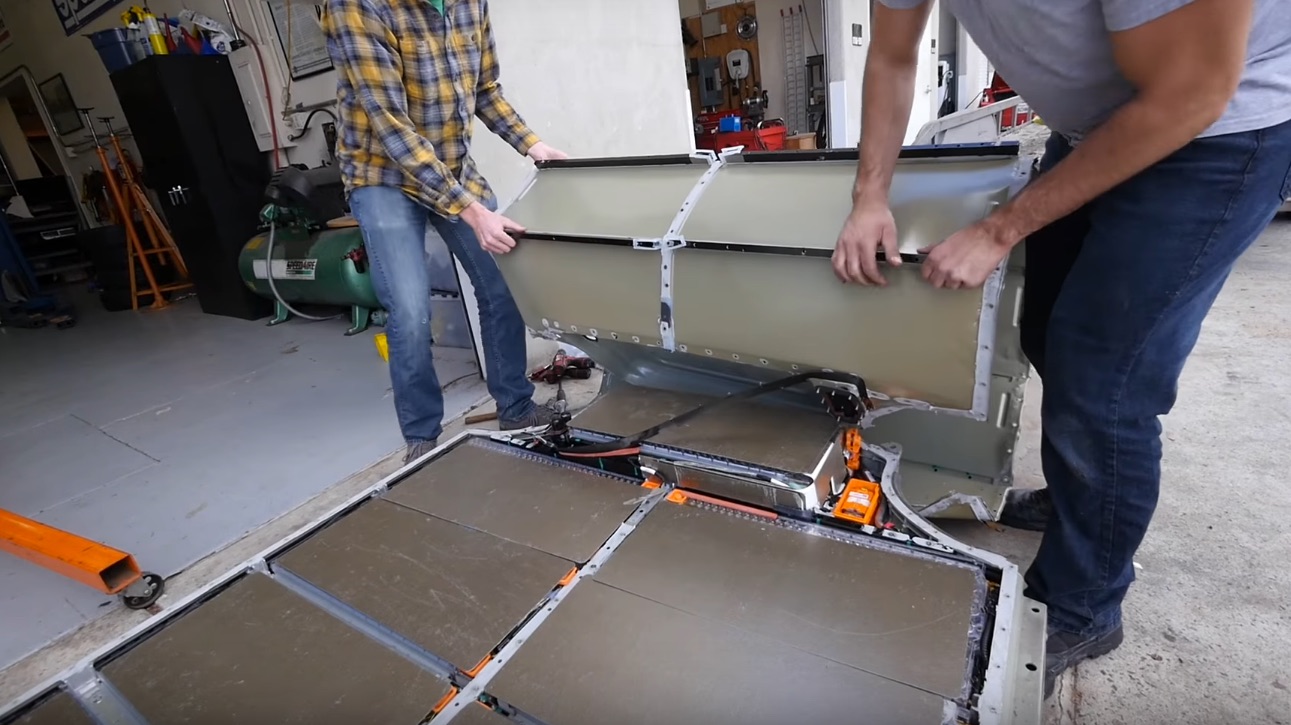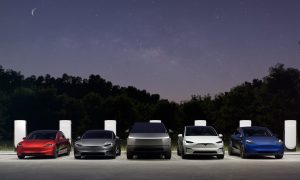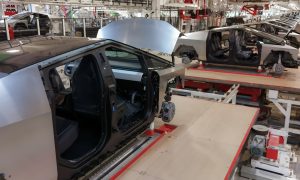Tesla’s flex circuit technology could shake things up for companies that produce wiring and other electrical products.
A company specializing in wiring manufacturing called Lear Corporation was the target of bubbling doubts over how the flex circuit technology will impact future demand for wiring and cables.
During an earnings report, Chris McNally, an analyst from Evercore ISI, asked if flex circuits could “significantly reduce” wiring to the point where it would impact Lear’s business.
Frank Orsini, an executive at Lear Corp., didn’t seem fazed by the potential impact.
“The flex circuits and different types of applications in the vehicle is nothing new to Lear even. We’ve actually used flex circuits in the past. We have the technology in our product portfolio. It is more expensive technology than traditional applications of wire,” Orsini said. “What we do well in the industry is we optimize the architecture … We don’t see the usage of wire shrinking. Wires are very secured way of connecting the signaling and data communication in the vehicle.”
So while flex circuits could affect future wiring production, some company executives think that it doesn’t pose a major threat.
Flex circuits are basically a circuit system that can be molded and changed into different shapes. Overall, it drastically reduces the amount of cables and wiring needed when producing big electric-based projects like an EV.
Tesla patented a type of flexible circuit technology in 2013 for battery connection.
All the talk can be seen by Tesla fans as another way the company is pushing EV manufacturing into the future. Tesla has already had an impact on the auto market, with major automotive companies like BMW group and Volvo making the switch to electrified vehicles.
With flex circuits, the discussion can shift to how Tesla will impact production in the EV market as well. Based on CEO Elon Musk’s plans to vertically integrate all areas of vehicle production, implementing different wiring logistics could also impact how suppliers fit into the EV equation. Musk confirmed during Tesla’s first-quarter earnings call that the future Model Y compact SUV will utilize a new electrical system with significantly reduced wiring over previous models. This will enable faster manufacturing and an overall less complex design. Tesla’s flagship Model S and Model X have approximately 3 km of wiring within the vehicle, while Tesla’s highly anticipated Model 3 will have roughly half of that at 1.5km of wiring. Model Y, on the other hand, will only have 100m of wiring, a 95% reduction over Model 3.
As the Model 3 enters full-scale production, investors will get a chance to see just how big of an impact Tesla will have on EV manufacturing and the automotive industry as a whole.











